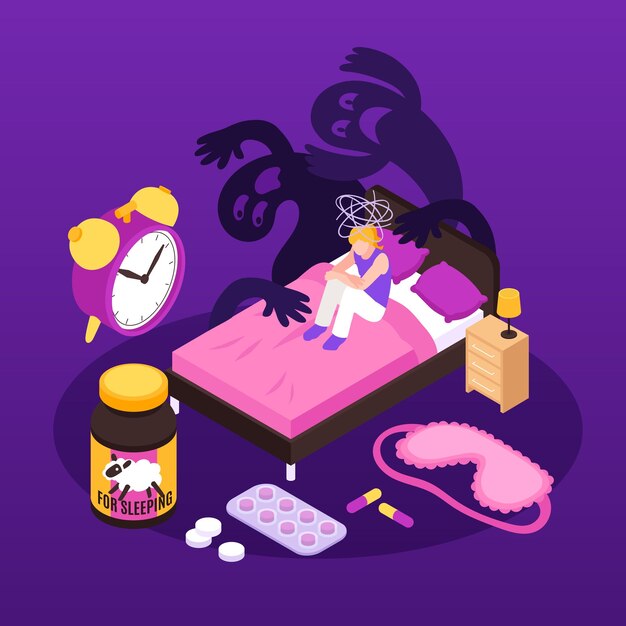
Hallucinations might seem fascinating in movies, but experiencing them in real life is usually far from enjoyable. Realizing that you’re seeing, hearing, or feeling things that others can’t often leads to fear and confusion. Let’s dive into what hallucinations are, why they happen, and how to address them.
### What Are Hallucinations?
Hallucinations aren’t just about seeing things that aren’t there—they can involve all of your senses. Essentially, they occur when the mind creates sensations that feel real but have no external source. Common experiences include:
– Feeling things on your skin, like crawling sensations or internal organ movement.
– Hearing sounds like music, footsteps, or banging noises.
– Hearing voices when no one is speaking, which is the most common type. These voices can be positive, negative, or neutral and may even tell someone to do things that could cause harm.
– Seeing patterns, lights, objects, or beings that don’t exist.
– Smelling odors that aren’t actually present.
### Are Hallucinations Always a Bad Thing?
It’s natural to feel scared when you experience a hallucination since they’re often associated with serious issues. However, they’re not always a sign that something is seriously wrong. For instance, it’s completely normal to hear a deceased loved one’s voice or catch their familiar scent after they’ve passed. This can happen as part of the grieving process and doesn’t necessarily indicate a problem.
### Why Do Hallucinations Happen?
Hallucinations usually stem from something else going on in your body or mind. While they can be linked to conditions like schizophrenia, they also occur for a variety of other reasons:
– **High fevers**: Visual hallucinations can happen when you’re running a very high temperature.
– **Sleep deprivation**: Going more than 48 hours without sleep can result in hallucinations. People with sleep disorders like narcolepsy may also experience them.
– **Drug use**: Substances like LSD, heroin, PCP, marijuana, or even alcohol can trigger hallucinations, especially during withdrawal periods.
– **Medical conditions**: Neurological or physical issues, such as epilepsy, Parkinson’s, liver or kidney failure, advanced HIV/AIDS, or brain tumors, could bring about hallucinations. People who are blind or deaf may also report experiencing them.
### Should You Seek Help?
If you’ve had a hallucination, don’t panic—it doesn’t automatically mean something is seriously wrong. Start by checking in with yourself. Are you running a fever? When did you last sleep? Have you taken any substances recently? Do you have a condition like epilepsy or Parkinson’s? Asking yourself these questions might help you understand what’s happening.
Still, it’s always a good idea to call your doctor. Even if you think you know the cause—like lack of sleep—it’s better to get checked out. A doctor can help identify the issue and determine if treatment is necessary.
### What Happens at the Doctor’s Office?
Your first stop will likely be your usual doctor, who will take your medical and mental health history. They might run some diagnostic tests, such as:
– **EEG (Electroencephalogram)**: This test measures your brain’s electrical activity. It’s non-invasive, and the results can reveal seizure activity, which sometimes triggers hallucinations.
– **MRI (Magnetic Resonance Imaging)**: If the EEG doesn’t provide answers, an MRI might be performed. This uses magnets and radio waves to create detailed internal images, which can help detect brain tumors or other physical causes.
If the tests reveal an underlying issue, your doctor will work on a treatment plan. Solutions might range from taking medications to undergoing surgery, depending on the cause.
### What If the Cause Isn’t Physical?
If no physical reason for your hallucinations is found, you may be referred to a psychiatrist. Don’t be nervous—this isn’t something to fear. The psychiatrist’s goal is to figure out what’s causing your symptoms and how to treat them. They’ll ask detailed questions about your emotional well-being, past traumas, and other relevant experiences to better understand your situation.
### Don’t Ignore Hallucinations
Even if you think the cause of your hallucinations is something temporary, it’s important to get them checked out. While they can be linked to manageable factors like sleep deprivation or grief, they might also hint at something more serious. By consulting with a doctor, you can pinpoint the issue and find a treatment plan that works for you.